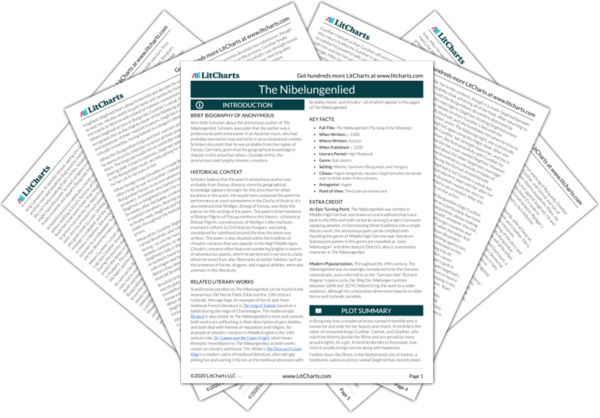Again, there is a humorous note to this shocking scene, as the hapless priest helplessly treads water and finally has to trudge homeward in his wet vestments. Hagen’s attempt to test the fairies’ prediction, followed by his matter-of-fact, point-of-no-return smashing of the ferry show that he’s still wrestling with the role of fate in this endeavor, but finally decides that they must face whatever comes. Perhaps the swift dismissal of the priest, despite its comical function, also signals the departure of Christian piety—hence of “civilization”—from the story.
